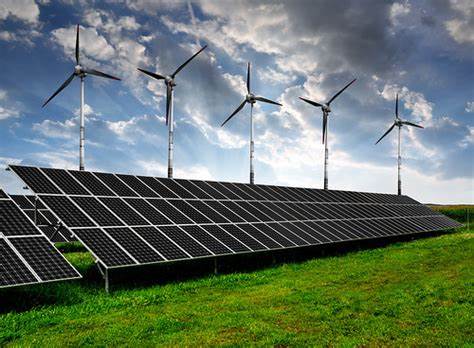At least 100 ordinances have been adopted in 31 states blocking or restricting new wind, solar, and other renewable energy facilities, and at least 152 of these projects have been contested in 48 states. Today Columbia Law School’s Sabin Center for Climate Change Law issued a report documenting these instances of local opposition to renewables.
Achieving lower carbon emissions in the United States will require developing a very large number of wind, solar, and other renewable energy facilities, as well as associated storage, distribution, and transmission, at an unprecedented scale and pace. Although host community members are often enthusiastic about renewable energy facilities’ economic and environmental benefits, local opposition can also arise.
The report provides state-by-state information on local laws to block, delay or restrict renewable energy. These include moratoria on wind or solar energy development; outright bans on wind or solar energy development; regulations that are so restrictive that they can act as de facto bans on wind or solar energy development; and zoning amendments that are designed to block a specific proposed project. The report also discusses projects that have been challenged by local residents through legislative advocacy, litigation, or other means.
The report was written by Sabin Center interns Kate Marsh, Neely McKee, and Maris Welch, under the supervision of Sabin Center Climate Law Fellow Hillary Aidun.
The report was prepared as part of the work of the Renewable Energy Legal Defense Initiative (RELDI), a joint project of the Sabin Center and the law firm of Arnold & Porter. RELDI provides pro bono legal representation to community groups and local residents who support renewable energy developments in their communities that are facing opposition.
Read the report here. More information about RELDI can be found here. For more information about the Sabin Center’s publications, please visit our searchable library here.



